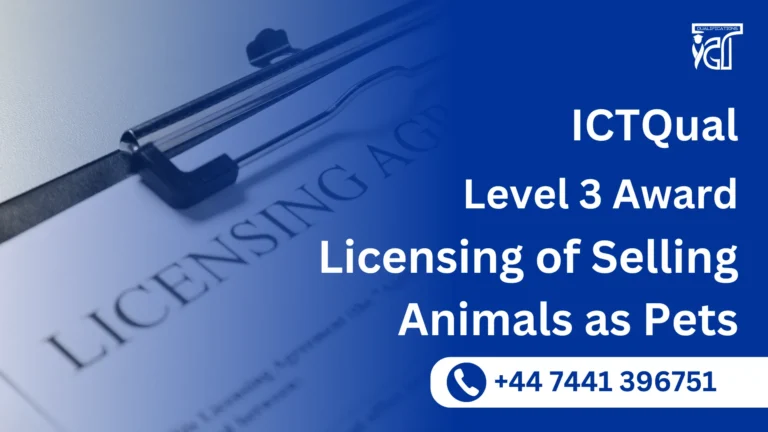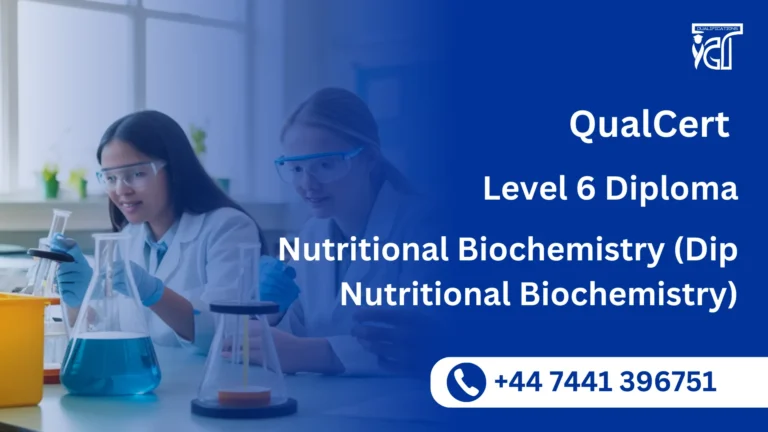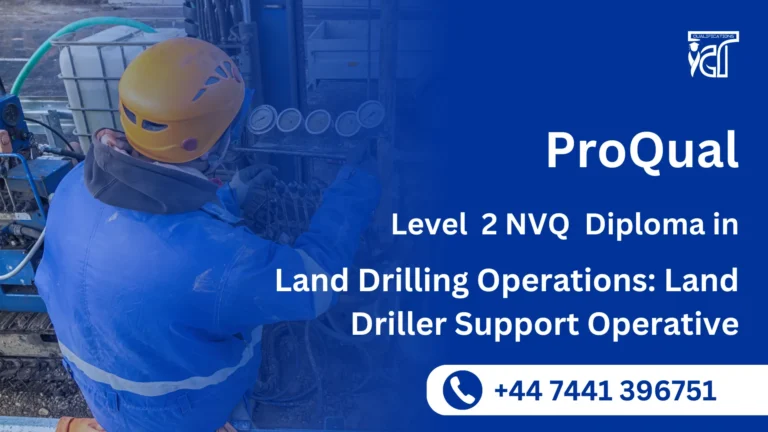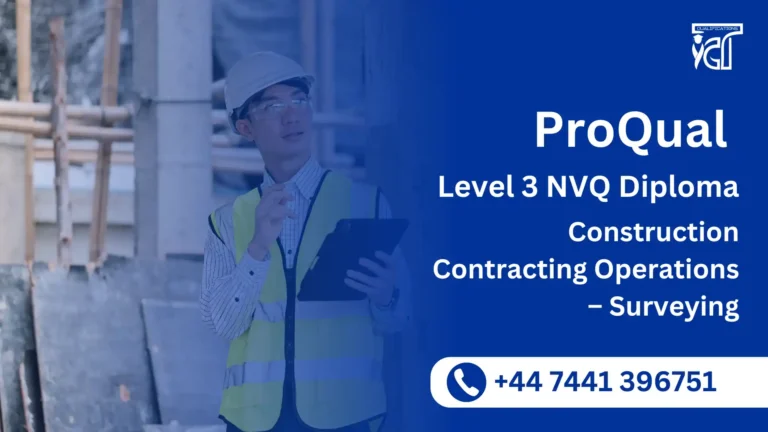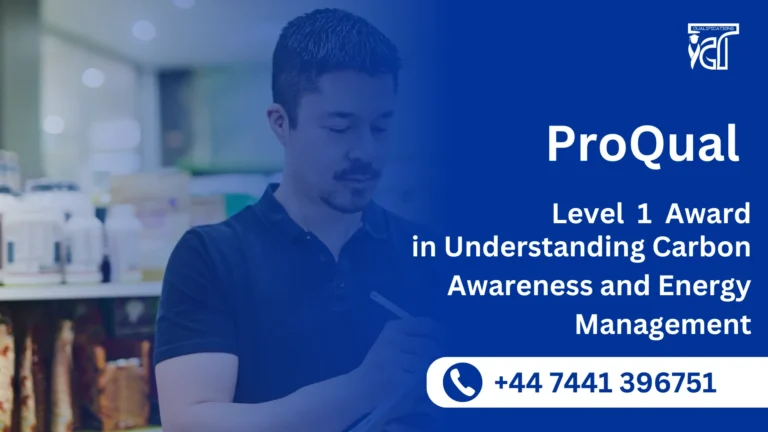Proqual Level 2 Award in Machinery Safety for Maintenance Engineers
Empowering Engineers with Essential Safety Skills
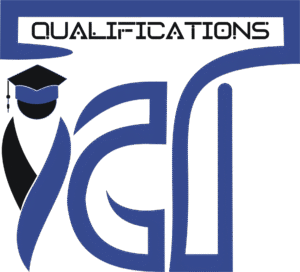
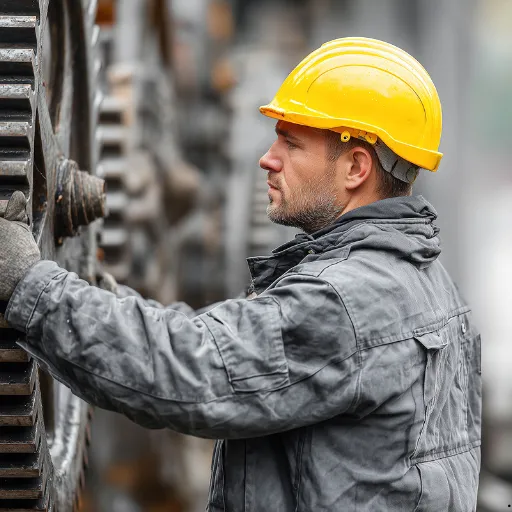
Course Level
Level 2
Course Type
Ofqual Regulated
Awarding Body
ProQual
Duration
1 to 6 Months
Study Mood
Online
Assessment
Assignments Based
Course Overview
What is this course
The ProQual Level 2 Award in Machinery Safety for Maintenance Engineers is designed to equip professionals with the essential knowledge and skills required to maintain and operate machinery safely. This qualification emphasizes compliance with workplace safety standards, hazard awareness, and the importance of preventive measures to reduce risks during maintenance activities.
Learners will gain practical insights into machinery-related hazards, safe maintenance procedures, and emergency response protocols. The course highlights the importance of risk assessment, lockout/tagout practices, and the safe use of tools and equipment. By focusing on real-world applications, participants develop the competence to ensure machinery is serviced and maintained without compromising safety.
Completing this award demonstrates a commitment to workplace safety and enhances professional credibility. It is particularly valuable for maintenance engineers, technicians, and supervisors responsible for machinery upkeep. The qualification supports career progression, strengthens organizational compliance, and contributes to building a safer, more efficient working environment.
Course Content
Detailed Curriculum Structure
To achieve the Proqual Level 2 Award in Machinery Safety for Maintenance Engineers: Candidates must complete the following single Mandatory unit of 50 Guided Learning Hour.
Who Should Attend
Target Audience and Participants
- Maintenance engineers responsible for machinery upkeep and servicing
- Technicians working with mechanical, electrical, or industrial equipment
- Supervisors overseeing maintenance teams and safety compliance
- Employees involved in routine machinery checks and repairs
- New staff entering maintenance roles requiring safety training
- Experienced engineers seeking formal certification in machinery safety
- Health and safety officers supporting maintenance operations
Career & Learning Benefits
Skills, Knowledge & Opportunities You Will Earn
- Gain essential knowledge of safe machinery maintenance practices
- Strengthen compliance with workplace health and safety regulations
- Develop practical skills to identify and reduce machinery-related risks
- Improve confidence in servicing and repairing equipment safely
- Enhance employability with a recognized safety qualification
- Support accident prevention and promote a safer work environment
- Build competence in emergency procedures and hazard awareness
- Contribute to organizational safety culture and compliance standards
Need More Information?
Frequently Asked Questions Explained
Enrollment Criteria
Minimum Eligibility Criteria for Enrollment
Lock In Your Spot
Get in Touch
+44 2035 764371
+44 7441 396751
info@ictqual.co.uk
www.inspirecollege.co.uk

